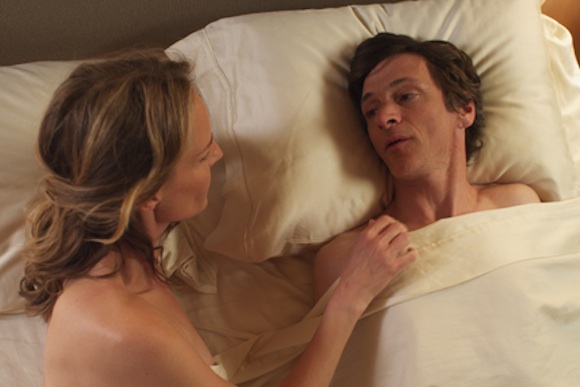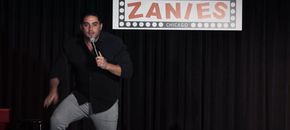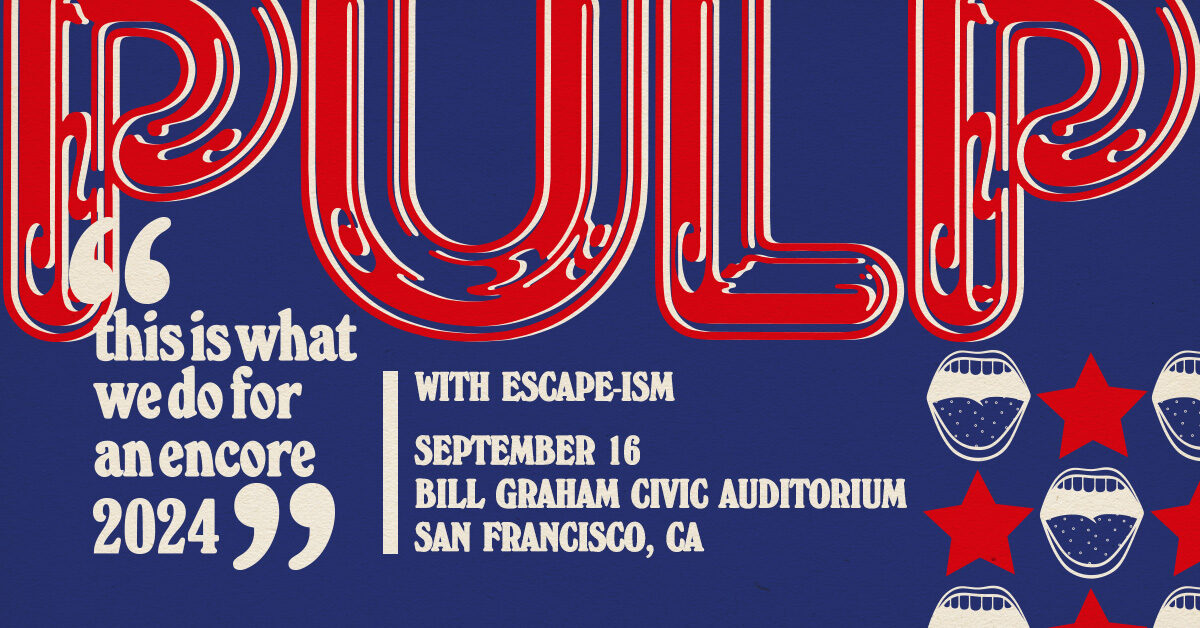Movie Review: The Sessions
The Sessions (formerly “The Surrogate”) is centered around a seriously disabled man based loosely on the true story of the late Mark O’Brien, a poet, journalist and disabled rights advocate, who died at the age of 49 in 1999.
Add an edgy spin—in this case O’Brien’s attempt to lose his virginity and Academy Award-winning actress Helen Hunt baring all—and a recipe for multiple Oscar nominations, if not outright wins, seems all but assured. After all, Daniel Day-Lewis won his first Academy Award playing a similar character.
We first meet Mark O’Brien (later played by John Hawkes) through a late-70s, local news report. Struck by polio as a child, O’Brien was left paralyzed from the neck down, unable to breathe on his own. An iron lung simultaneously keeps O’Brien alive and imprisons him for most of the day and night. A motorized gurney equipped with a portable respirator, however, allows him to study English literature at the University of California, Berkeley, and later, obtain a graduate degree in journalism. O’Brien leans heavily on self-deprecating humor and his Catholic faith to help him cope mentally and psychologically, but the lack of physical contact, except by one or several attendants, and emotional intimacy, understandably preoccupies him.
O’Brien’s faith proves to be one obstacle to his desire for intimacy. He seeks advice from a priest, Father Brendan (William H. Macy), who quickly becomes O’Brien’s confidante and friend, not to mention a useful plot device to explore [i]The Session’s[/i] themes and related ideas. O’Brien shares his desire to lose his virginity. More forward thinking than he first appears, Father Brendan eventually approves O’Brien’s decision to explore sex surrogacy outside the traditional strictures of the Catholic Church (i.e., marriage, sex purely for procreation). O’Brien’s therapist puts him in touch with Cheryl Cohen Greene (Helen Hunt), a sex surrogate, which in turn lead to the “sessions” of the title.
Not surprisingly, the sessions become far more complicated emotionally than either O’Brien or Cheryl planned on or expected. While writer-director Ben Lewin, a polio survivor himself, deserves credit for the candidness and openness with which he explores O’Brien’s emotional and sexual fulfillment, The Sessions stumbles once Lewin adds the obligatory romantic complication, presumably to make The Sessions more palatable to mainstream audiences (it won two awards at the Sundance Film Festival this past January) and Academy voters eager to award indie dramas with positive spins. Even if we set aside that concern, Lewin fails to make Cheryl’s growing romantic attachment to O’Brien anywhere near believable or persuasive, relying on one too many abrupt, underwritten transitions to convey her changing emotional state.
Lewin’s play-it-safe approach succeeds in making The Sessions the kind of crowd-pleasing, life-affirming movie-going experience and, to be fair, it’s made all the more palatable by Hawkes and Hunt’s performances. Hawkes performs from a prone, immovable position, using only head movements, facial expressions, and lines delivered in a high-pitch voice similar to the real O’Brien. It’s a straightforward, unadorned performance that some might dismiss for its apparent ease (but they shouldn’t). Hunt’s performance is just as straightforward and unadorned. Ultimately, Hawkes and Hunt give grounded performances devoid of anti-naturalistic affections.
Showtimes and Tickets









